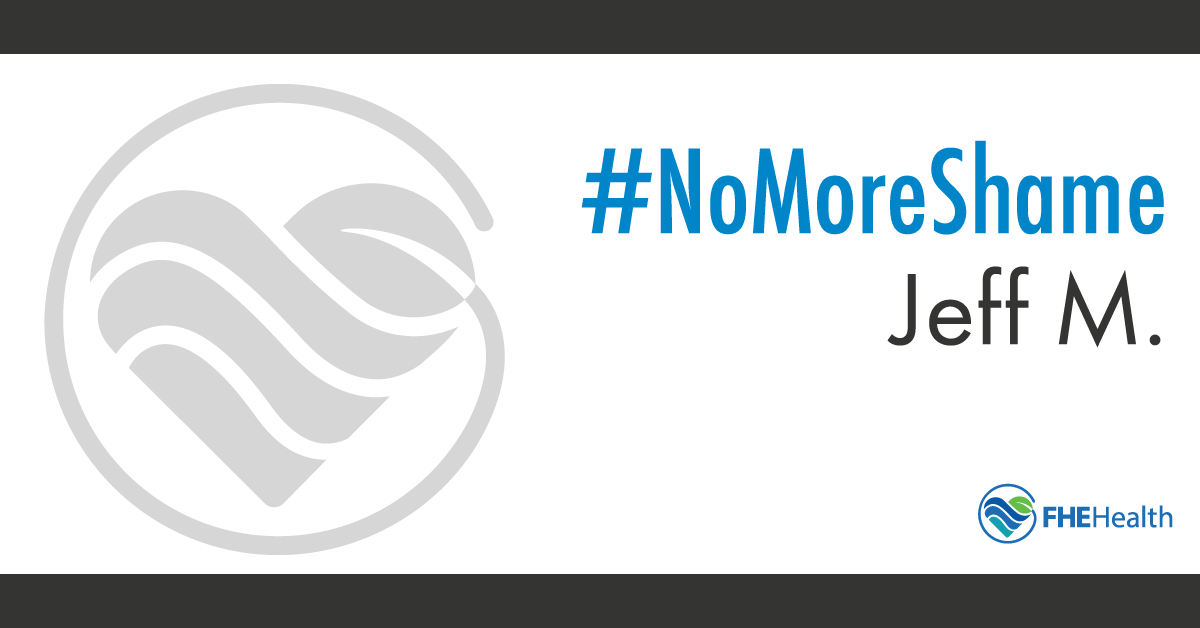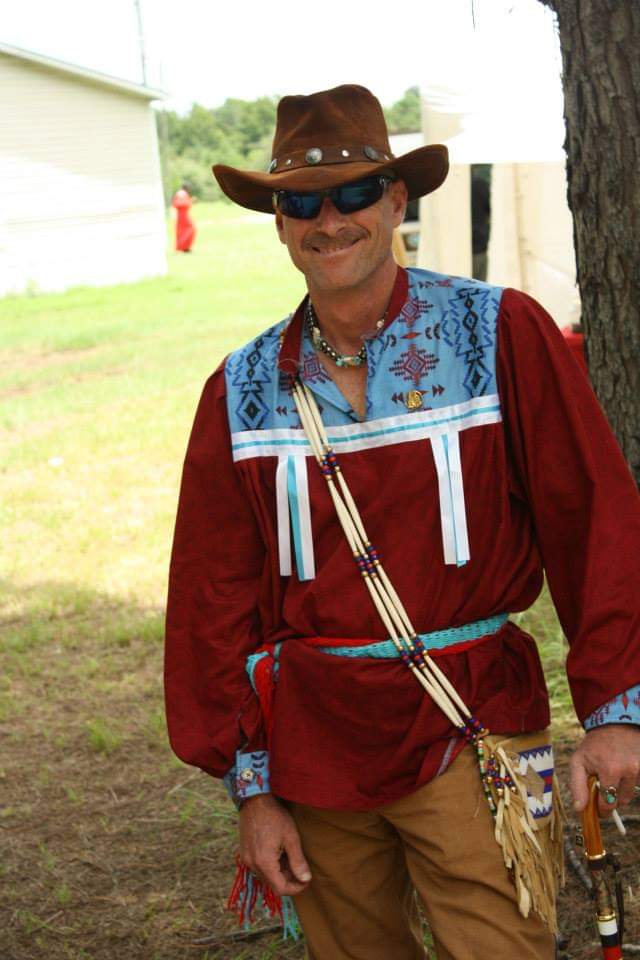
What possesses a 16-year-old kid to join the fire service in Orangeburg, South Carolina?
“I wanted to help people and was drawn to the lights, sirens, and equipment,” Jeff M. said, in an interview for our No More Shame series. He also wanted to know “what people were running away from—to go into the burning building to find out, rather than run from it.”
Over the next more than 28 years in law enforcement and 40 years in the fire service, Jeff would respond to many crises and witness “every atrocity that human beings are capable of.” He was a sniper, on the SWAT team, and served in other roles that exposed him to more trauma in one workday than many people witness in a lifetime.
The Mental Health Effects of Trauma and Stigma
All that traumatic stress “kept boiling up, and I kept filing things in the file cabinet to deal with later and never would deal with them,” Jeff said. He repressed these experiences and avoided sharing what he was going through, out of a desire to protect close loved ones. What he didn’t know was that the stress he was experiencing was still taking a toll on his family, and that eventually, the “file cabinet” would catch fire, sending life as he knew it up in flames.
In this case, Jeff’s instinct was to run away from the source of the fire, not toward it. Like many first responders who struggle to ask for help because of mental health stigmas and the unique stressors of their job, Jeff sought an escape through drinking. The predominant culture was that you don’t talk about mental health issues, he said, looking back. It was about “sucking it up, going on, and dealing with it later,” and “due to stigma, mental health was something we didn’t talk about back then.”
Drinking to Cope and Alcoholism
Over time, Jeff’s drinking escalated, so that near the end of his career he was drinking round-the-clock. The last five years before retirement were the worst, he said:
I finally got to the point where I would wake up and start drinking—and was not working at the time—and would drink from the time that I got up to the time I went to sleep.
Jeff knew he needed help and that his life was in danger when he reached the point where “I didn’t care anymore and did not care what happened next.” Still, he might not have sought mental health help were it not for an encounter with law enforcement and a subsequent hospitalization.
The Turning Point: A Resolve to Change
Jeff’s wife helped him find treatment. After a local outpatient option fell through, she reached out to Shatterproof FHE Health, and on October 20, 2023, Jeff flew from Charleston, South Carolina, to Fort Lauderdale, Florida, to enter an intensive, specialized treatment program for first responders.
The journey there was itself a test of Jeff’s resolve to stop drinking. He chuckled telling the story of how, after not being able to board his original flight, he spent hours waiting for the next plane while battling the temptation to go drink at the Sam Adams Brewhouse, right next to his gate. The bar was open and serving drinks, despite it being 8am, and Jeff had “3-4 hours to kill waiting to board my plane.”
Somehow, he resisted giving in to the urge: “My conviction was stronger than my addiction was at that point,” and later that day he would be admitted into treatment for alcoholism at FHE Health.
The Benefits of Mental Health Treatment and a Diagnosis
Treatment helped Jeff address the mental health causes of his drinking. He came to realize that alcohol was “a substitute for me to try to feel different, not necessarily better,” about these unaddressed issues.
What was it like to discover that his drinking was masking these mental health issues? Jeff described it as a great sense of relief: “Finally, someone put on paper that I have anxiety, depression, and PTSD. It was a breath of fresh air, simply because someone documented what I’d suspected all along that I had.”
Life in Recovery: What Makes It Worthwhile
Today, Jeff has a certificate in Mental Health First Aid, a national program that teaches skills for responding to signs of mental illness and substance use. He is also a certified peer support specialist through SC SHARE (“Self-Help Association Regarding Emotions”).
As the law enforcement liaison and first responder mental health coordinator for the organization Pine Hill Health Network, in North, South Carolina, he is using his experience to help other first responders affected by these issues. He and his wife, both Native Americans, have also teamed up to provide community and other supports to the local Native American population.
How would Jeff describe his life in recovery and what makes it worthwhile? “Seeing everything in a clearer way,” he said, and the realization that recovery can be an extension of “the public service that I’ve done over so many years.”
“I want to keep helping people and am just finding a new way to do it, by offering Mental Health First Aid and being able to gear it around the first responder community.”
Words of Encouragement for Anyone Struggling?
Jeff was eager to offer this final encouragement for anyone facing mental health struggles:
Recovery is possible. What I teach in Mental Health First Aid is that the earlier it’s addressed the less severe it’s going to be and the quicker the recovery will be. Don’t wait until the last minute. If you start having issues, if something is going on, say something and start looking for the help you think is appropriate. A lot of things can be solved by self-help, but there are other things that really need to be addressed by a professional.
The lesson? When burnout happens or the first flames of a mental health crisis develop, deal with the problem then and there. Don’t wait until it becomes a raging fire. Running away from it will only make it worse.
There’s no shame in getting help for a mental health disorder or a drug or alcohol problem. That’s the message of our “No More Shame” campaign, which seeks to reduce the stigma surrounding these health issues. In continuation of that theme, this story is part of a regular series featuring the true stories of people who asked for help and found hope and healing.






